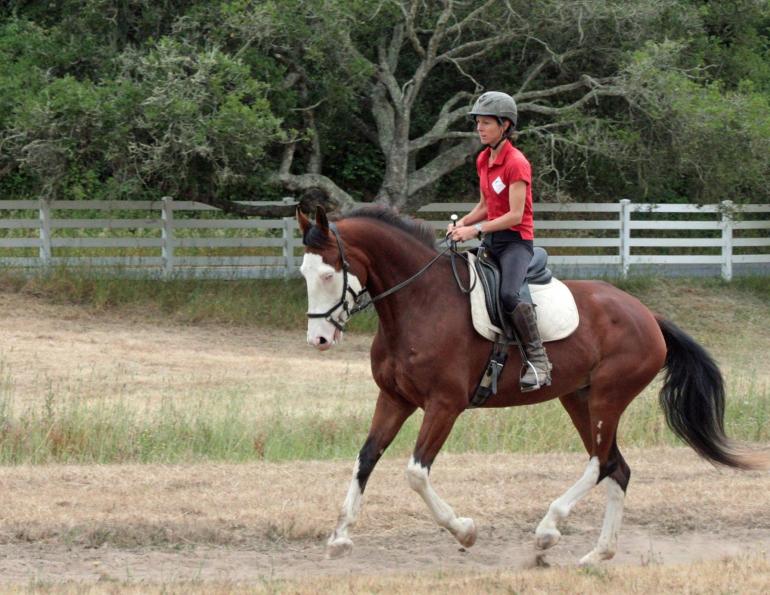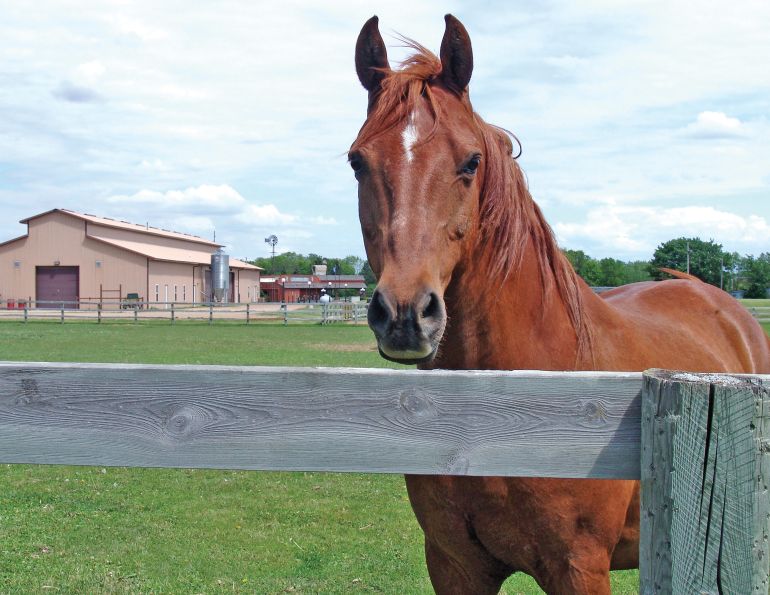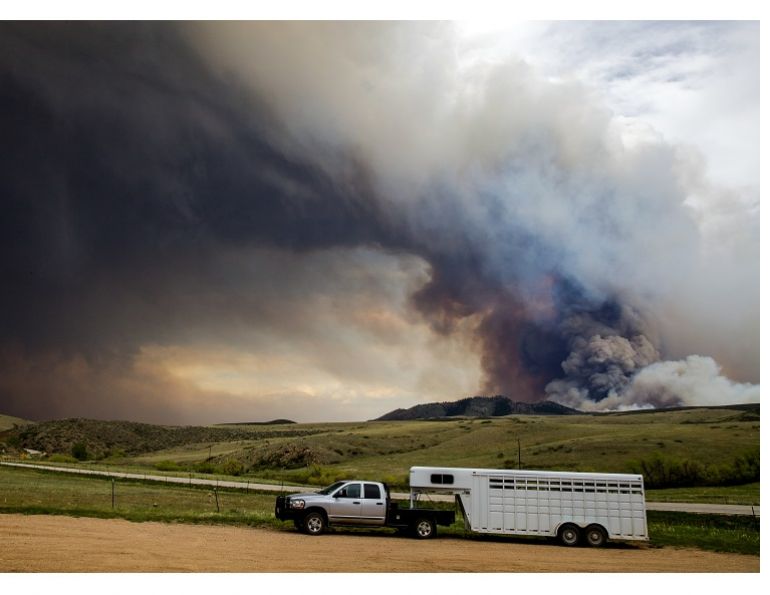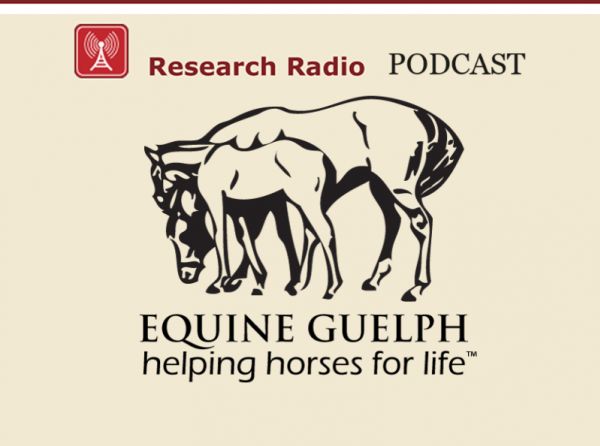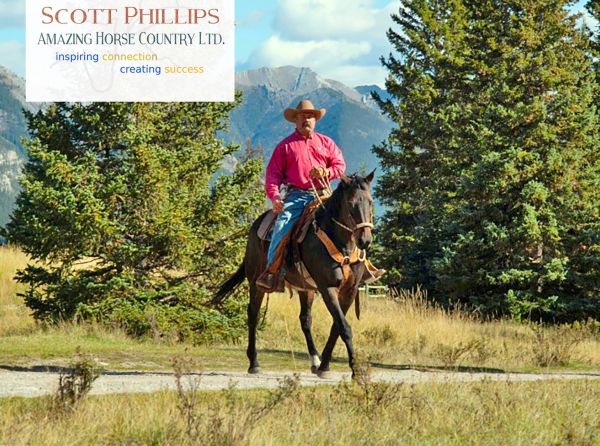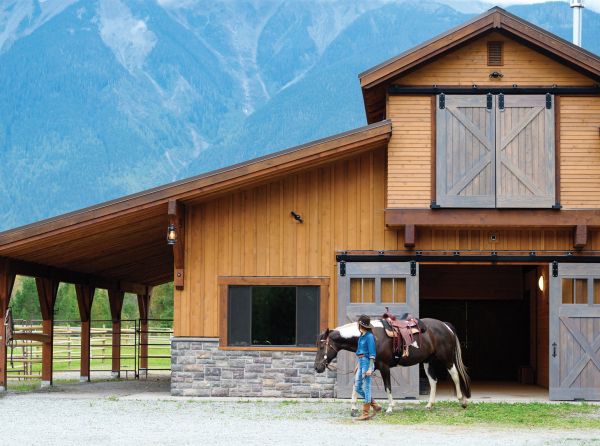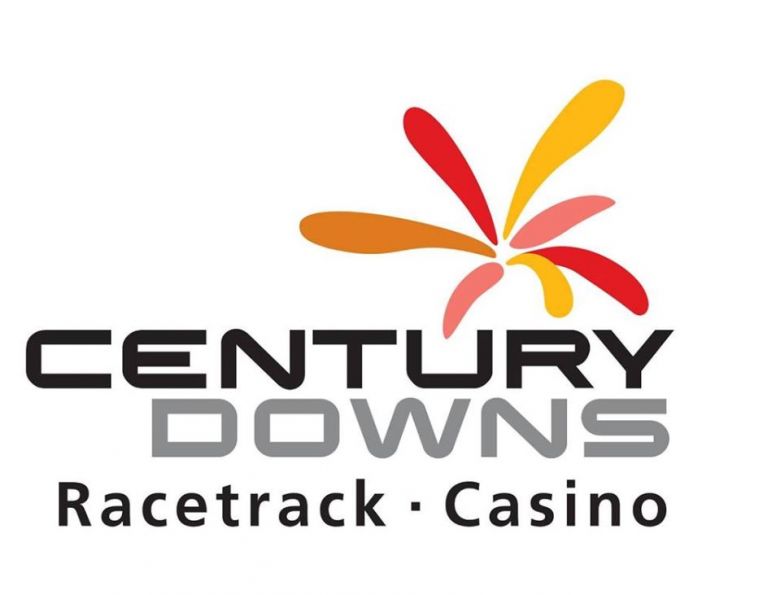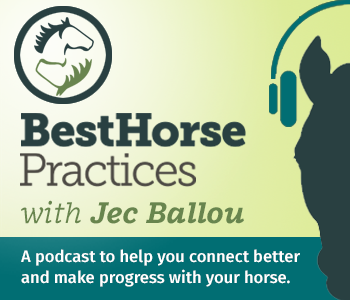By Nikki Alvin-Smith
Horse business owners everywhere know how difficult it is to make money in the horse world. Every equine industry entrepreneur strives to figure out how to build a better and more resilient enterprise that will generate a reliable revenue stream and provide an enjoyable equestrian lifestyle.
The capital costs of the buildings, pastures, and paddocks required to house horses and keep them safe and happy, along with the long list of supplies and services necessary to launch and operate a horse business, all require serious investment.
The following tips to help you build a better barn business are based on my own decades of experience as an advanced competitor, coach, and clinician, and a lifetime of operating a horse breeding, import, and sales business, while building two horse farms from scratch and raising three children.
Tip #1 — Make Sure Things Add Up

For extra help around the barn, consider offering a boarding discount in exchange for barn work. Photo: Clix Photography
At least once a year take a good hard look at exactly where your hard-earned dollars are disappearing. Key areas where you can possibly improve your bottom line include:
- Labour — If you are paying for help around the barn look at bartering services to save money. However, if you offer a board discount or free board to someone in exchange for barn work, do the math and make sure that you are truly saving money.
- Insurance — Insurance should be shopped around every year. Markets change, your needs change, underwriters change, and so does the law. Insurance can be one of the largest expenditures an equine facility has each year. Always evaluate your insurance and other major expenses diligently.
- Supplies — Hay is one of the main budget items of an equine facility. Save money by buying well-cured hay off the field at time of harvest at a discounted price. Store it correctly to minimize spoilage or wastage. Buy bedding supplies in bulk to reduce cost. Regular mucking out will also save money on bedding in the long run.
- Utilities — Contact your local hydro company and ask for an in-person audit to see where you can save energy. There may be grants available to assist with the cost of upgrades that improve energy efficiency.
Add insulation to all areas that need to be heated such as the tack room or office, and add automatic door closing devices to doors to shut out the cold.
For fuel needs, the installation of a large tank and an annual contract with a supplier that provides a cap fee on the price per litre can reduce cost.
- Fencing, Buildings, Equipment — It is much more cost-effective to have a routine maintenance program for these items than to deal with costly breakdowns and repairs, or expensive vet bills for escaped horses that injure themselves.
If you have the space, consider expanding pasture for your horses. Not only will your grazing horses have a healthier lifestyle, they won’t be using bedding, munching through your hay supply, or requiring as much labour to take care of.
Remember that good tools make a job faster and more efficient. Buy used tools and equipment when it makes sense, especially if the equipment will be slightly abused by other users.
- Vet and Farrier Costs — Veterinary and farrier care can be a major budget item, but skimping in these areas can compromise your horse’s welfare and result in higher costs in the long run. Look at these expenses as an investment in the long-term welfare of your horses. Some savings can be realized by coordinating with other horse owners at the barn to split farm call fees for these appointments.
Tip #2 — Network
Ask industry colleagues to recommend vendors for all your needs. Networking with other horse owners will help you gain information about the best sources for products, the best deals, and other tips.
Related: Parenting for Horse Professionals
Related: How to Afford to Ride
Tip #3 — Keep Accurate Business Records
While you may prefer to be outside working with horses rather than inside on a computer screen, keeping accurate business records is essential. When you utilize an accounting program and carefully record all your income and expenses, you will have an expense report at your fingertips to help you make better business decisions.
Tip #4 — Your Clients Are Your Best Prospects

Your present clients are your best prospects. Look at ways to increase your revenue, such as by offering packages to encourage students to take additional lessons. Photo: Clix Photography
As a trainer needing a steady stream of income, the more stalls you have full of sound, trainable horses, the better. If you offer riding instruction, each boarder is a prospective lesson student. If you train horses, explore the option of horse sales as another source of income.
Are you gaining enough revenue from your present clients? Are your rates on par with your competitors? To ensure maximum income from your stall space, you could require all boarders to take at least one lesson a week with you. Offer individualized discounted package programs to entice them to take more than one lesson a week.
Review your rates for time-consuming extra services such as clipping or bathing, show transport, coaching at shows, laundry services, etc.
Tip #5 — Clinics as Revenue Streams
Most clinicians will offer a set price, either per lesson with a minimum number of riders or a daily rate with a maximum number of riding slots. The clinician may also charge auditor fees. The hosting barn owner can add to these rates to make a profit per rider or auditor.
Charging for overnight stabling, and food and beverages at the event, can also yield extra dollars.
Related: The 21st Century Cowboy
Tip #6 — Multiply Your Stalls and Stables
The addition of more stall availability to your property may not be cheap, but with careful planning more stall space can mean more net profit.
Remember that when you add structures to your property you are also increasing the resale value, and may be able to deduct finance interest expenses and capital expenses through depreciation and amortization at the end of the tax year.
Tip #7 — Add New Riding Facilities/Options

A major improvement such as the addition of an indoor arena allows you to ride and train year-round, increase your boarding rates, and appeal to a broader market of clients. Photo: iStock/People Images
The addition of an indoor arena as an available riding space provides the opportunity for you to lesson and train all day long and year-round. You will also be able to charge more for boarding services.
Similarly, by adding a new outdoor arena, setting up a cross-country course, or making any other additions to the riding activities on offer, your facility may appeal to a broader market of clients.
Tip #8 — Seek Professional Advice
Just as you wouldn’t take lessons in grand prix dressage from a neophyte rider learning to post the trot, it’s wise to seek professional help in order to be successful. Legal and accounting advice in particular can save significant money and hassles in the long-term.
Tip #9 — Marketing 101
Always have an up-to-date website and some form of social media presence to keep your present clientele engaged and to use as a form of advertising.
Managing with a Facebook page is simply not enough. Building a website can be easily accomplished by buying a template and adding content yourself, or you can employ a professional.
Photos and videos reign supreme across all forms of marketing and horses lend themselves to both mediums very well.
Tip #10 — Direct from the Horse’s Mouth
If you have established a good reputation, word of mouth is still a solid form of advertising that will yield good results when it comes to growing and keeping your revenue stream healthy. Consistency in providing top quality horse care and training is imperative if you are playing the long game in the horse business.
Don’t engage in negative local barn politics that disparage other farm operations or training techniques. If you hear fair criticism of your facility or work, think of it as an opportunity to improve; knowing the perceptions of others can inform your decisions for change. If the criticism is unfair, do not become defensive; rather, challenge the comments rationally while remaining calm.
Take the time to develop a good business plan, which will be your roadmap to success. It will inform your daily decisions, help you determine if and when changes are needed, and assist you in navigating through uncertain times. The best business plan is in continual change, and if accurate and well-considered, once in place it will give your business a much better chance of success.
Related: Looking for Work? Canada's Horse Industry Has Endless Job Opportunities
Related: 7 Steps to Better Barn Leadership





